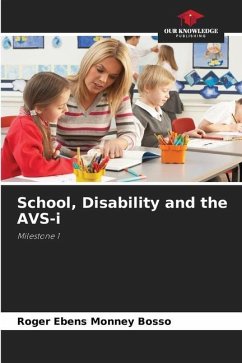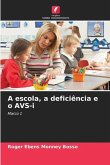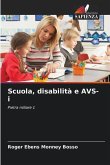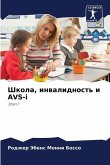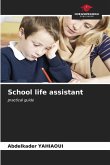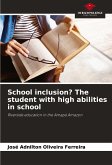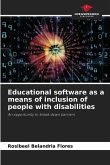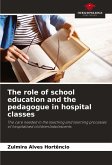The law of February 11, 2005 - for equal rights and opportunities, participation and citizenship for people with disabilities - reinforced the idea of the universality of schools: all children in the Republic, whether disabled or not, have a right to education. The aim is to put all citizens on an equal footing, and thus to give meaning to the slogan "common base of knowledge". The fact remains, however, that while the objectives are laudable, the human resources are not always forthcoming. What's more, on the ground, the willingness and cohesion of all those involved - around the disabled person - are not yet efficient. The law can do a lot, but it can't solve everything. From the height of my modest experience of accompanying a student and then a pupil, I believe that everyone, in their own place, must do their bit if we are not to be disqualified. This involves educators, teachers, institutions and society as a whole. Saint-Exupéry said that "you can only see well with the eyes of your heart".
Bitte wählen Sie Ihr Anliegen aus.
Rechnungen
Retourenschein anfordern
Bestellstatus
Storno

